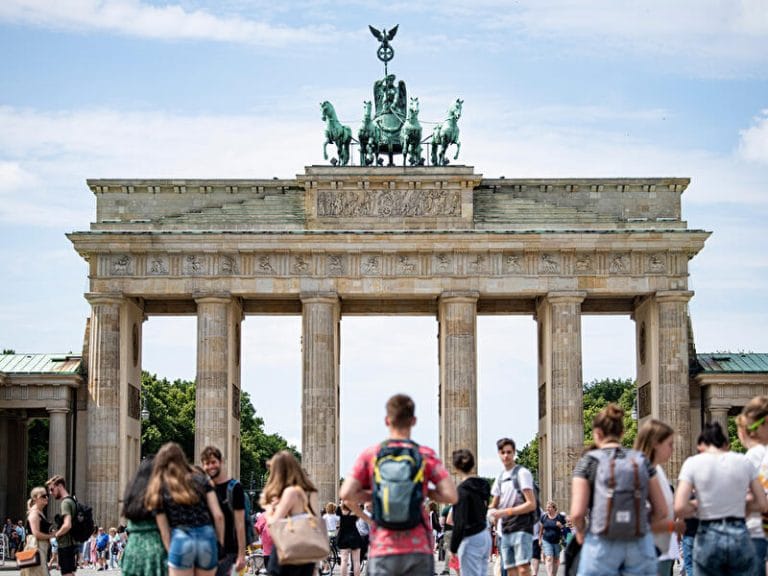🎧 Listen to This Article
Berlin’s cultural institutions are facing severe budget cuts, but recent increases in city tax revenues—largely driven by cultural tourism—offer a glimmer of hope. The Berlin Senate’s response to a parliamentary inquiry from the Green Party reveals a significant uptick in income from the City Tax (Übernachtungssteuer), signaling a potential lifeline for the beleaguered arts sector.
City Tax Expansion Spurs Major Revenue Growth
Since the expansion of the Berlin City Tax to include business overnight stays on April 1, 2024, coupled with an increase in the tax rate from 5% to 7.5% as of January 1, 2025, the city’s coffers are experiencing a notable boost. The Senate initially estimated an additional €70 million flowing into public funds.
Actual figures validate this optimism. Revenues for April 2025 alone rose by over €6 million compared to the previous year. For the full year, Berlin expects a revenue increase of €47 million, bringing total projected receipts to €137 million.
Cultural Tourism: The Driving Force
The surge in revenue is closely tied to cultural tourism, a major motivation for visitors to Berlin. According to recent surveys conducted across 68 cultural institutions, nearly 50% of visitors were tourists—with 27% domestic and 22% international guests. Berlin’s cultural venues outperform even Hamburg, where tourists account for only 30% of attendees. Museums, memorials, and palaces in Berlin attract up to 80% of their audiences from outside the city.
This strong tourist engagement underscores the cultural sector’s pivotal role in the city’s economic ecosystem and justifies the reliance on City Tax proceeds to support the industry.
Budget Cuts Threaten Long-Term Cultural Vitality
Despite this promising revenue increase, Berlin’s cultural institutions continue to grapple with radical budget cuts. The additional tax income only partially offsets these reductions. In contrast, Hamburg reinvests nearly all its City Tax revenues into culture, allowing its cultural budget to grow, as demonstrated by Senator Carsten Brosda’s recent successes.
The challenge for Berlin’s new Culture Senator, Sarah Wedl-Wilson, will be to leverage the extra funds to stabilize and revitalize the cultural sector amid ongoing financial pressures.
Berlin’s expanded City Tax has generated meaningful new revenues, largely fueled by a vibrant cultural tourism scene. While this influx of funds presents a valuable opportunity to support the city’s arts institutions, the persistent budget cuts cast doubt on whether these gains will be sufficient to safeguard Berlin’s cultural future. Strategic reinvestment and political will remain crucial to turning this fiscal potential into sustainable cultural growth.
For further details, clarification, contributions, or any concerns regarding this article, please get in touch with us at editorial@tax.news. We value your feedback and are committed to providing accurate and timely information. Please note that our privacy policy will handle all inquiries.



